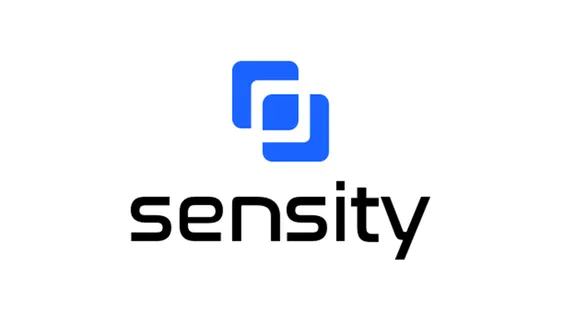
BrainCreators uses AI to help businesses embrace automation
The future of AI has arrived
BrainCreators CEO, Jasper Wognum, reflects on the beginnings of AI: “In the 90s, we were dreaming of a future when machines would perform human tasks in a way that was better than humans, but back then, it was all a big fantasy.”
A lot has changed since 1995, when BrainCreators co-founders Jasper Wognum, Gerbert Kaandorp and Peter Eijk met while studying at the then newly launched AI programme at the University of Amsterdam. When they graduated, they took the theories they had learned and hoped that technology would one day catch up with their algorithms and ambitions. 18 years passed, and in 2013 the trio began collaborating on LookLive, a shopping platform that utilised AI to identify and sell celebrity fashion. It was a successful business, but to them, it was only a stepping stone.
“We started LookLive to get back into AI, but we had bigger dreams for the uses of machine learning. We didn’t want to stick around in fashion; we wanted to apply automation where it would make a bigger impact.”
Time to make an impact
In 2016, Wognum, Kaandorp and Eijk finally started BrainCreators, the realisation of a dream more than 20 years in the making. BrainCreators is an AI company, with new offices located in the sustainably built Flow Building in the Houthavens district in Amsterdam.

Rather than focusing on a single industry, BrainCreators helps businesses across a wide variety of sectors. Through seminars, workshops and events, they educate their clients about AI, demonstrating how machine learning can improve systems. Using their BrainMatter platform, they help their clients apply the technology to automate processes.“People think AI means creating robots that behave like humans but that’s not what we’re working on. We are automating processes to reduce manual labour.”
The backbone of AI is data, and the BrainMatter platform structures datasets to facilitate machine learning. They ensure the data is structured and labelled correctly so that AI systems can learn and operate effectively.
Implications of applied AI
The practical applications of well-structured machine learning are far-reaching. The BrainMatter platform allowed geneticists working in selective pig breeding to reduce the time it takes to make phenotype predictions from years to minutes. It trained an AI model to automatically alert airport security in the event of a possible cyber attack and has helped Tata Steel to more efficiently assess the quality of its steel.
“Machine learning augments our lives by taking over the tasks we aren’t good at or aren’t interested in. When tasks are very repetitive, we lose our concentration and make mistakes. Machines don’t. ”

Machine-learning in medicine
When you apply this kind of automated data analysis to life sciences, the implications are tremendous. BrainCreators has been working with physicians on a method of analysing brain scans to improve accuracy in diagnosing strokes. “If you can advise the medical experts on what they should be looking at – for example, ‘based on the data this is most likely an ischemic stroke, located in this region of the brain’ – then you prime the medical professional for a better diagnosis.”

By using a deep neural network to identify stroke locations in 3D volume, they were able to trim the time of diagnosis from 6 minutes to less than 30 seconds while also improving accuracy. BrainCreators is also training an AI model to predict the efficacy of cancer treatments as well as developing a method that would allow MRI scans to recognise and classify soft tissue and soft edges. This would make an MRI a viable alternative for cases that are currently only candidates for CT scan, a higher-risk procedure.
The right place, the right time
Amsterdam, with its cobblestone streets and historic canal houses, makes an attractive destination for internationals and the talent pool is only increasing in size. There are 11 different countries represented among BrainCreators’s team of 25 employees. And it isn’t just adventurous engineers who are looking to set up shop in the Dutch capital. “You don’t have to go to Silicon Valley to meet international companies - Uber, Google, IBM, Salesforce: everyone has an office here.”
There is no doubt that AI is on the rise. A local example of this growth is Amsterdam Science Park’s Startup Village, which has doubled in size to accommodate the expanding community of startups working in the field.
“This is only the tip of the iceberg. We should be preparing for a time when most of our lives are automated. It isn’t a bad thing. The human role in this process changes from doing all the repetitive work to finding the dependencies and coming up with new solutions. It will free us up to be more human - emotional, creative and conscious - and machines will automate all the rest.”
Related articles

Sensity deepfake detection

How Qualcomm makes life better with AI

QUVA Lab cultivates computer vision

How the Innovation Centre for AI is creating a world-leading solutions

Aigency

UiPath is improving lives with the power of AI

UvA's Natali Helberger discusses the appeal of AI studies in Amsterdam

How Databricks is helping build Amsterdam's AI scene

How KIN helps firms understand their AI needs

